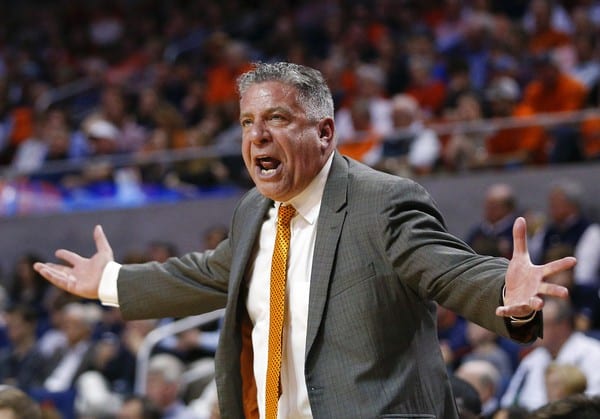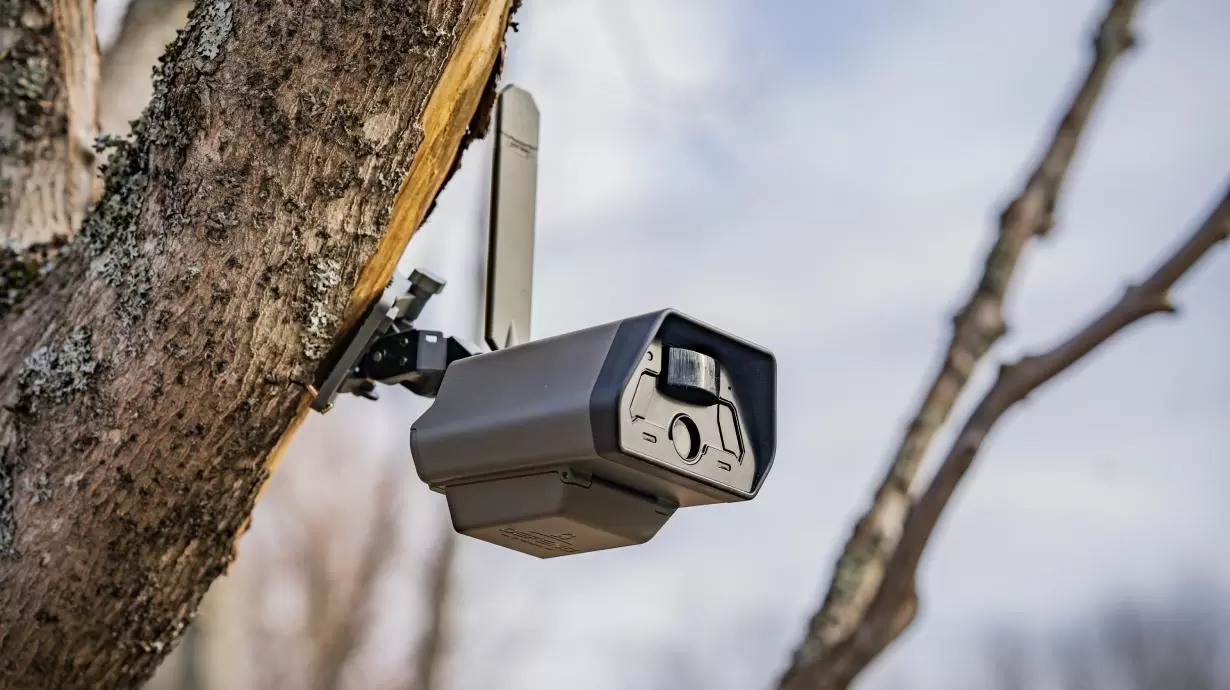Travel
Study Shows Traveling Might Help You Live Longer—If You Follow These Tips
:max_bytes(150000):strip_icc()/VWH-GettyImages-1835169158-f6eec3efd208415691ae494b2c36791f.jpg)
Key Takeaways
- Positive travel experiences may help slow biological aging by promoting physical activity and reducing stress.
- Traveling often encourages physical activity, which provides both immediate and long-term health benefits, such as better sleep, reduced anxiety, and improved bone health.
- To maximize the benefits of travel, focus on immersing yourself in the experience and avoid stressing over responsibilities back home.
Taking a trip might be an investment for your longevity.
A new study published in the Journal of Travel Research suggests that positive travel experiences could help slow biological aging. The researchers used the concept of entropy—a measure of disorder and chaos in physics—to explain how vacations impact health. Higher entropy, or more disorder in the body, can accelerate aging and lead to poor health, while lower entropy could do the opposite.
Travel often involves more socializing or physical activity than usual, both of which can help counter entropy increases and contribute to healthy aging, according to Fangli Hu, lead author of the study and a researcher and PhD candidate at the School of Medical and Health Sciences at Edith Cowan University in Australia.
“Overall, travel might offer a valuable opportunity to nurture both physical and mental health, potentially slowing down the biological aging process,” Hu told Verywell in an email.
Negative travel experiences—such as stress or illness—can lead to poor health outcomes. Finding ways to make travel a positive experience can offer some health benefits.
“Different types of travel might have varying effects on health and aging, and these impacts may differ across diverse populations,” Hu said. “It doesn’t have to be an international trip; local travel or weekend escapes might work well too. The key is to tailor travel plans to what best suits individuals’ lifestyle, personal preferences, and health status.”
Travel Can Teach You How to Relax
Stress can speed up aging, but travel often helps people forget their day-to-day responsibilities temporarily. Research shows that even a short, four-night vacation can help reduce stress.
However, many people experiencing chronic stress—especially due to factors like economic instability—don’t have the opportunity to travel. Even for those who have the means to travel, it’s important to recognize that a vacation won’t undo months or years of accumulated stress.
To make the most out of a vacation, try to immerse yourself in the experience and avoid fixating on the do-to list you left behind.
“Maybe you’ve had this experience where you’re traveling, and it’s kind of ruined by you thinking about all the stuff back home,” William Chopik, PhD, an associate professor of psychology at Michigan State University, told Verywell. “That’s not a travel experience—that’s you just being anxious in a different location.”
Taking a trip may also help you discover new ways to manage stress, Chopik added.
“One useful thing that maybe travel does is it will teach us how to relax,” he said. “Maybe you discover a hobby, or you discover a mindset that helps you deal with stress when you return.”
Staying Active While Traveling
Whether you decide to go hiking, bike, or explore a city on foot, traveling often leads to more physical activity than you might typically get at home. Exercise has many health benefits, including improving bone health, reducing heart disease risk, and lowering the chance of developing dementia.
During your travel, remember to pace yourself, wear appropriate footwear, and listen to your body, said Kristin Weible, PT, MS, ScD, an assistant professor of physical therapy at the University of Arizona College of Health Sciences.
“It’s always important to stay hydrated. We kind of forget that when we’re out and about, seeing new things and having fun. This will help with mental clarity and with your joint function,” Weible said.
Exercising on vacation provides immediate health benefits, even if it’s not as intense as a backpacking trip or yoga retreat. Just one session of physical activity can help you sleep better, feel less anxious, and lower blood pressure.
Regular exercise can help slow biological aging, support the immune system, and delay age-related immune decline. While one active vacation won’t keep you young, maintaining these physical activities after your trip can support healthy aging.
“As far as lasting effects, you’re going to need to come home and build on that. Perhaps you found a new activity that you enjoyed, you might find a club in your hometown that you can join for some accountability,” Weible said.
What This Means For You
Traveling, whether near or far, can be more than just a getaway—it can support healthy aging by reducing stress and encouraging physical activity. The key to reaping these benefits is to fully engage in your travel experience and continue incorporating these healthy habits into your routine after returning home.









